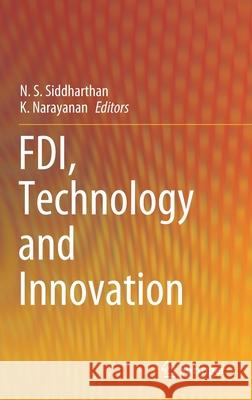Fdi, Technology and Innovation » książka
topmenu
Fdi, Technology and Innovation
ISBN-13: 9789811536106 / Angielski / Twarda / 2020 / 255 str.
Fdi, Technology and Innovation
ISBN-13: 9789811536106 / Angielski / Twarda / 2020 / 255 str.
cena 401,58
(netto: 382,46 VAT: 5%)
Najniższa cena z 30 dni: 385,52
(netto: 382,46 VAT: 5%)
Najniższa cena z 30 dni: 385,52
Termin realizacji zamówienia:
ok. 16-18 dni roboczych.
ok. 16-18 dni roboczych.
Darmowa dostawa!
Kategorie:
Kategorie BISAC:
Wydawca:
Springer
Język:
Angielski
ISBN-13:
9789811536106
Rok wydania:
2020
Wydanie:
2020
Ilość stron:
255
Waga:
0.55 kg
Wymiary:
23.39 x 15.6 x 1.6
Oprawa:
Twarda
Wolumenów:
01
Dodatkowe informacje:
Wydanie ilustrowane











